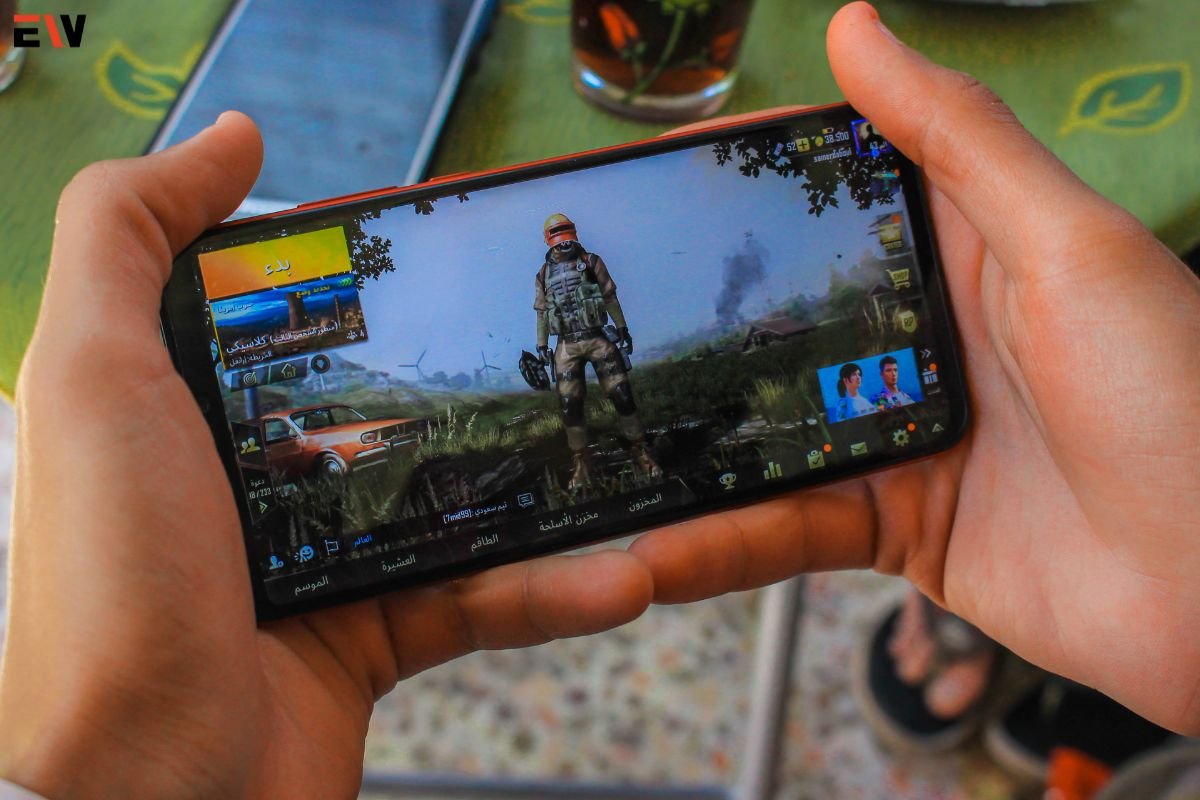The mobile gaming industry has experienced explosive growth over the past decade, transforming from a niche market into a dominant force in the global entertainment landscape. With the advent of smartphones and tablets, gaming has become more accessible, leading to a surge in both casual and hardcore gamers. This article explores the evolution of mobile gaming, current trends, challenges, and future prospects.
The Evolution of Mobile Gaming
Early Beginnings
Mobile gaming traces its origins to the late 1990s when simple games like “Snake” on Nokia phones captured the attention of users. These early games were limited by the hardware capabilities of the time, but they laid the groundwork for what was to come.
The Smartphone Revolution
The introduction of the iPhone in 2007 and the subsequent rise of Android smartphones marked a turning point for mobile gaming. With more powerful processors, touchscreens, and app stores, developers had a new platform to create immersive and complex games. Popular titles like “Angry Birds,” “Temple Run,” and “Candy Crush Saga” became household names, demonstrating the potential of mobile gaming.
The Rise of Mobile Esports

In recent years, mobile gaming has expanded into the competitive esports arena. Games like “Clash Royale,” “PUBG Mobile,” and “Mobile Legends” have established themselves as major titles in the esports community, attracting millions of players and viewers worldwide.
Current Trends in Mobile Gaming
1. Freemium and In-App Purchases
The freemium model, where games are free to download but offer in-app purchases, has become the dominant monetization strategy in mobile gaming. This model allows players to access the game for free while generating revenue through the sale of virtual goods, currency, and premium features.
2. Cross-Platform Play
Cross-platform play, which allows gamers to play together regardless of their device, is becoming increasingly popular. Titles like “Fortnite” and “Minecraft” enable players on mobile, console, and PC to compete and cooperate, breaking down the barriers between platforms.
3. Augmented Reality (AR) and Virtual Reality (VR)
AR and VR technologies are creating new opportunities for immersive mobile gaming experiences. Games like “Pokémon GO” and “Harry Potter: Wizards Unite” use AR to blend the virtual world with the real world, while VR headsets are starting to gain traction in the mobile space.
4. Social and Multiplayer Features
Social features and multiplayer capabilities are essential components of many successful mobile games. Games like “Among Us” and “Brawl Stars” emphasize cooperation and competition, allowing players to connect with friends and strangers around the globe.
5. Subscription Services
Subscription-based models are gaining popularity, with services like Apple Arcade and Google Play Pass offering a curated selection of games for a monthly fee. These services provide a steady revenue stream for developers and a variety of ad-free games for players.
Challenges in Mobile Gaming
1. Monetization and Player Retention
While the freemium model is lucrative, it poses challenges in balancing monetization with player satisfaction. Aggressive in-app purchases can lead to player frustration and churn. Retaining players in a highly competitive market requires constant updates, engaging content, and innovative gameplay mechanics.
2. Quality and Performance

Ensuring high-quality graphics and smooth performance on a wide range of devices is a significant challenge for developers. Fragmentation of the Android market, in particular, requires extensive testing and optimization.
3. Security and Privacy
Mobile games often require access to personal data, raising concerns about security and privacy. Developers must implement robust security measures to protect user data and comply with regulations like GDPR and CCPA.
4. Regulatory Issues
The mobile gaming industry faces increasing scrutiny from regulators, particularly regarding loot boxes and in-app purchases. Some countries are considering legislation to classify loot boxes as gambling, which could impact monetization strategies.
Future Prospects
1. Cloud Gaming
Cloud gaming has the potential to revolutionize mobile gaming by allowing players to stream high-quality games without the need for powerful hardware. Services like Microsoft’s xCloud, Google Stadia, and NVIDIA GeForce Now are paving the way for this shift, making console-quality games accessible on mobile devices.
2. 5G Connectivity
The rollout of 5G networks promises faster and more reliable internet connections, enabling seamless multiplayer experiences and reducing latency. This will enhance the overall gaming experience, particularly for competitive and real-time strategy games.
3. Artificial Intelligence (AI) and Machine Learning

AI and machine learning are set to play a significant role in the future of mobile gaming. These technologies can enhance game design, create more realistic and adaptive NPCs, and personalize gaming experiences based on player behavior.
4. Blockchain and NFTs
Blockchain technology and non-fungible tokens (NFTs) are starting to make their way into the gaming industry. Blockchain can provide secure and transparent in-game transactions, while NFTs offer unique, tradable digital assets, creating new opportunities for player engagement and monetization.
5. Sustainability and Environmental Impact
As awareness of environmental issues grows, there is a push for more sustainable gaming practices. Developers are exploring ways to reduce the carbon footprint of mobile games, from optimizing code to using renewable energy sources for data centers.
Conclusion
The mobile gaming industry is poised for continued growth and innovation. With advancements in technology, new monetization models, and evolving player expectations, mobile games will continue to be a significant force in the global entertainment landscape. However, developers and publishers must navigate challenges related to monetization, quality, security, and regulation to capitalize on the opportunities ahead. By staying agile and focused on delivering engaging, high-quality experiences, the mobile gaming industry can look forward to a vibrant and dynamic future.










